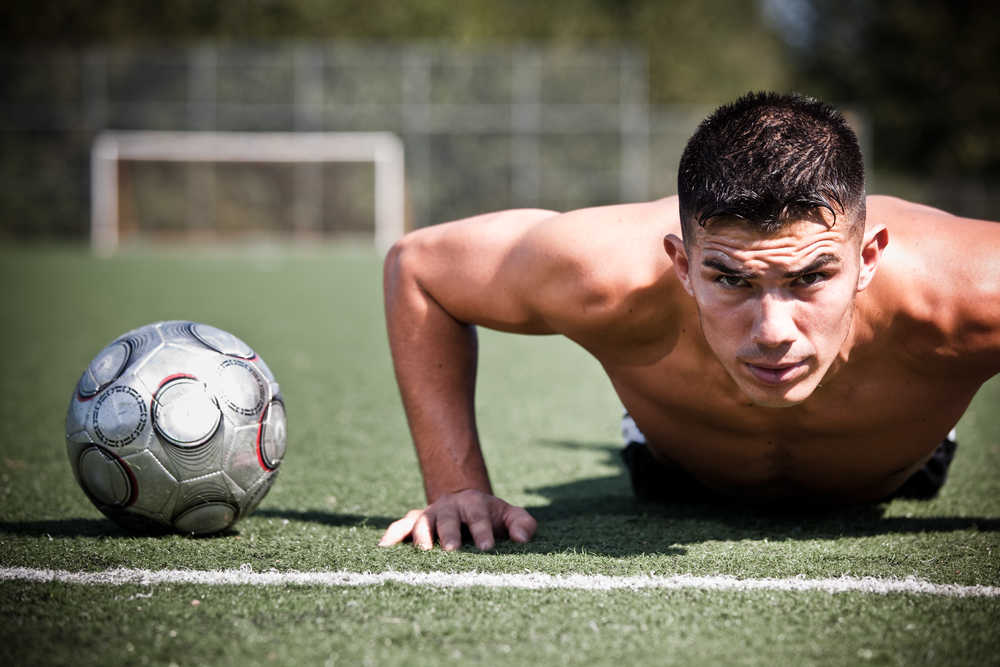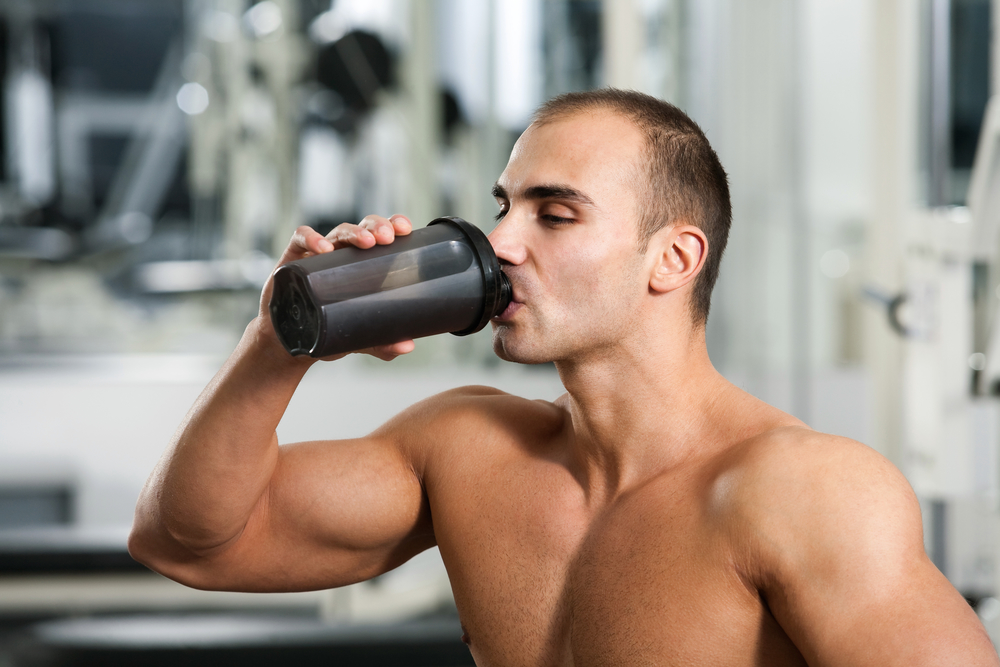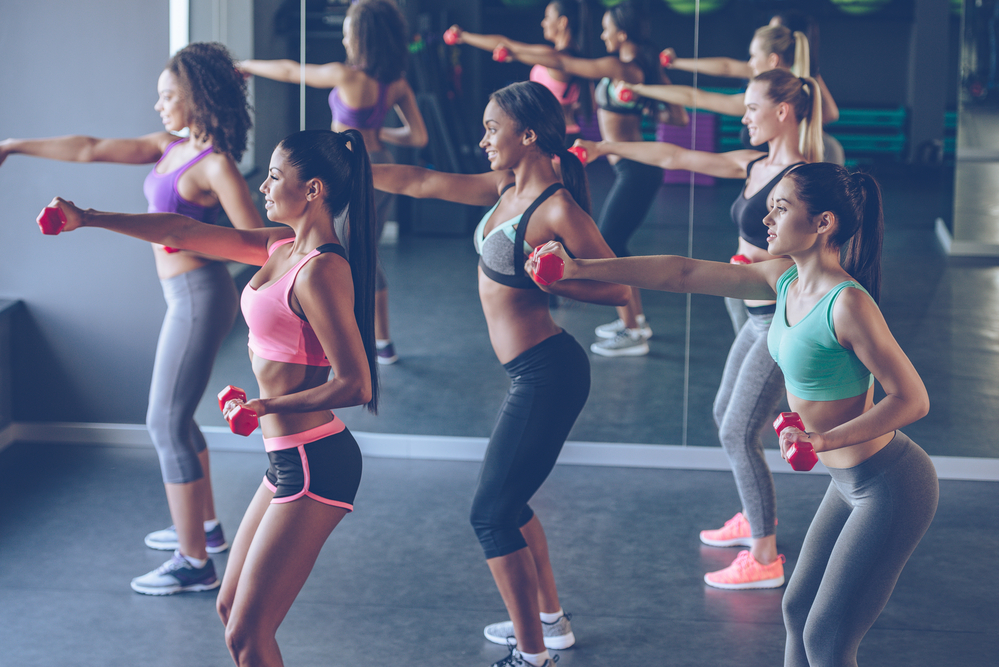Professional athletes are often seen as paragons of physical fitness, embodying discipline, consistency, and dedication. While their training regimens may seem unattainable for the average person, incorporating some of their fitness habits into your routine can yield significant benefits. Here’s a breakdown of key practices that can elevate your fitness game and bring professional-level efficiency to your workouts.
- Prioritize Consistency Over Intensity
Professional athletes train almost every day, but they don’t always push themselves to the limit. Instead, they emphasize consistency. Regular training builds endurance, strength, and muscle memory over time, which is more sustainable than sporadic high-intensity workouts.
How to Implement:
- Commit to at least 30 minutes of physical activity daily.
- Focus on steady improvement rather than all-out effort every session.
- Mix high-intensity days with lighter recovery days.
- Incorporate Dynamic Warm-Ups
Athletes never skip their warm-ups, which are designed to prepare their bodies for intense activity. Dynamic stretches and mobility exercises increase blood flow, reduce the risk of injury, and improve overall performance.
How to Implement:
- Spend 5–10 minutes on dynamic movements like leg swings, arm circles, and walking lunges before workouts.
- Tailor your warm-up to the specific exercises you’ll perform.
- Include exercises that target your body’s weaker or stiffer areas.
- Prioritize Recovery and Rest
Elite athletes know that rest is just as important as training. Recovery allows the body to repair itself, preventing overtraining and injuries while improving performance.
How to Implement:
- Schedule at least one full rest day per week.
- Incorporate active recovery activities like yoga, swimming, or light jogging.
- Use recovery tools such as foam rollers, massage guns, or stretching bands.
- Fuel Your Body Like a Pro
Nutrition plays a critical role in an athlete’s success. Their diets are balanced to provide energy, promote muscle recovery, and support overall health.
How to Implement:
- Focus on whole, nutrient-dense foods such as lean proteins, complex carbohydrates, healthy fats, and plenty of fruits and vegetables.
- Stay hydrated throughout the day, especially before and after workouts.
- Time your meals strategically, eating a balanced meal 1–2 hours before exercise and a protein-rich snack or meal within 30 minutes post-workout.
- Train for Functional Strength
Athletes emphasize exercises that mimic the movements they perform in their sport. Functional strength training improves coordination, balance, and agility while reducing the risk of injury.
How to Implement:
- Include compound movements like squats, deadlifts, and push-ups in your workouts.
- Incorporate exercises that engage multiple muscle groups simultaneously.
- Add balance and stability exercises, such as single-leg deadlifts or using a stability ball.
- Mental Conditioning
Physical fitness is only part of an athlete’s success. Mental conditioning, including focus, resilience, and stress management, plays a vital role in achieving peak performance.
How to Implement:
- Practice mindfulness or meditation to improve focus and reduce stress.
- Set specific, measurable goals for your fitness journey.
- Use visualization techniques to imagine yourself successfully completing workouts or achieving milestones.
- Cross-Train for Variety
Athletes rarely stick to a single type of training. Cross-training—engaging in different forms of exercise—helps improve overall fitness, prevent overuse injuries, and keep workouts interesting.
How to Implement:
- Mix up your routine with activities like cycling, swimming, or dance.
- Rotate between strength training, cardio, and flexibility exercises.
- Consider trying new sports or workout classes to keep things fresh.
- Embrace Data and Feedback
Athletes use data to monitor their progress and make informed adjustments to their training plans. Tracking metrics like heart rate, workout intensity, and recovery can lead to better results.
How to Implement:
- Use a fitness tracker or app to monitor your activity levels, sleep, and recovery.
- Keep a workout journal to track exercises, sets, and repetitions.
- Reflect on your performance and adjust your goals as needed.
- Sleep Like a Champion
Sleep is a non-negotiable aspect of an athlete’s routine. It’s during sleep that the body repairs muscles, consolidates memory, and restores energy.
How to Implement:
- Aim for 7–9 hours of quality sleep each night.
- Establish a regular sleep schedule, even on weekends.
- Create a sleep-friendly environment by minimizing noise, light, and screen time before bed.
- Seek Expert Guidance
Professional athletes often work with coaches, trainers, and nutritionists to optimize their performance. While hiring a full team may not be feasible, seeking expert advice can provide valuable insights.
How to Implement:
- Consider consulting a personal trainer to create a customized fitness plan.
- Attend workshops or seminars to learn about new training techniques.
- Follow reputable fitness experts online for tips and motivation.
Final Thoughts
Adopting the fitness habits of professional athletes doesn’t mean training like one. Instead, focus on incorporating their principles—consistency, recovery, nutrition, and mental conditioning—into your own routine. By doing so, you’ll build a sustainable fitness lifestyle that not only improves your physical health but also boosts your confidence and overall well-being.
Start small by implementing one or two habits, and gradually expand as you grow more comfortable. With time and dedication, you’ll see significant improvements in your fitness and overall quality of life.
Sources:
https://www.onemedical.com/blog/healthy-living/pro-athlete-tips/
https://www.miamilivingmagazine.com/post/14-things-professional-athletes-do-to-stay-healthy
https://mcpress.mayoclinic.org/dairy-health/fueling-fitness-what-and-when-you-eat-can-impact-your-performance/?gad_source=1&gclid=CjwKCAiAneK8BhAVEiwAoy2HYcW_p9teg4lJTaKmyHDYLm8VYRHgn25JlgE0rgFy_XGYs-cHzWmp2RoCMogQAvD_BwE









